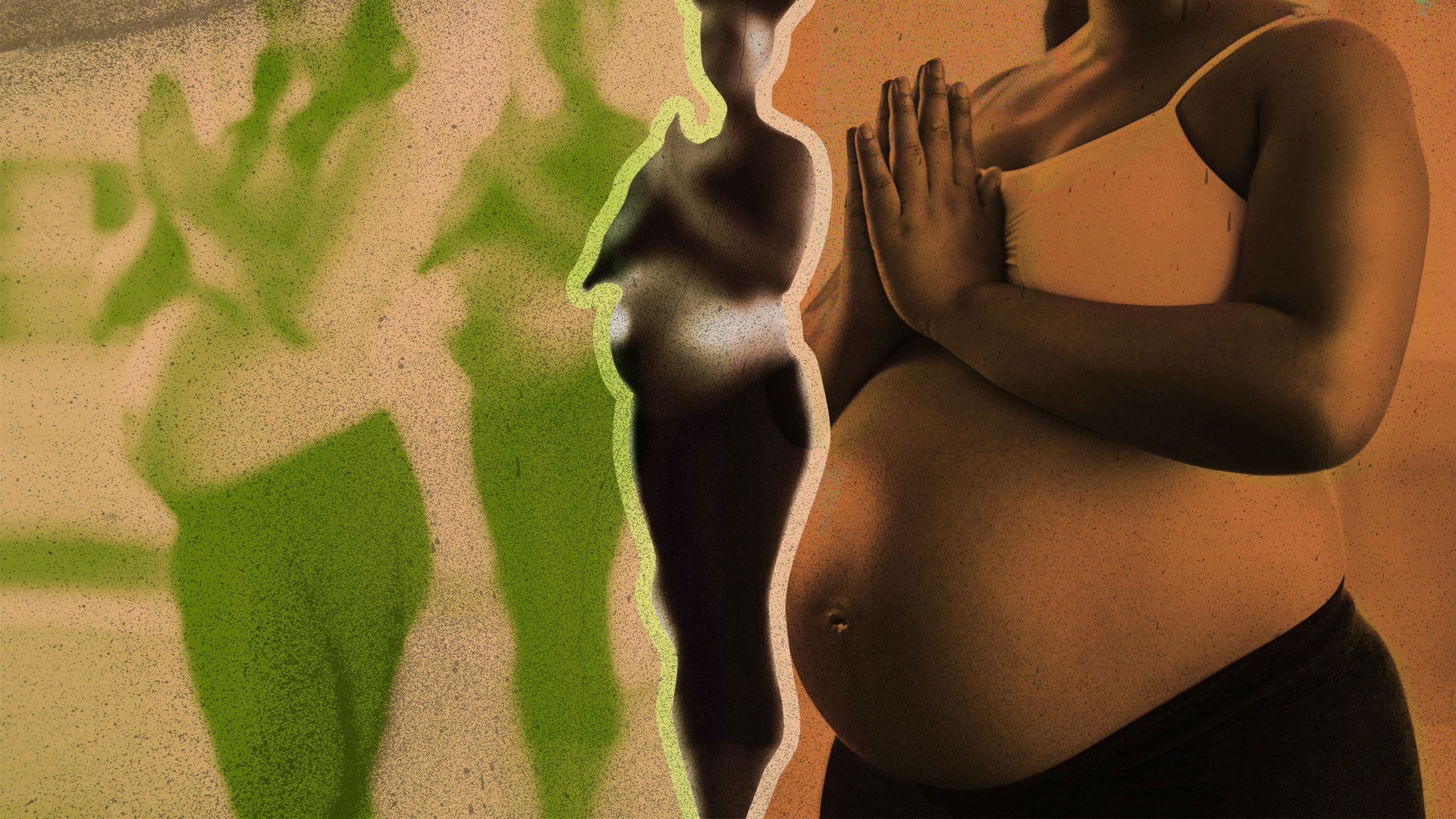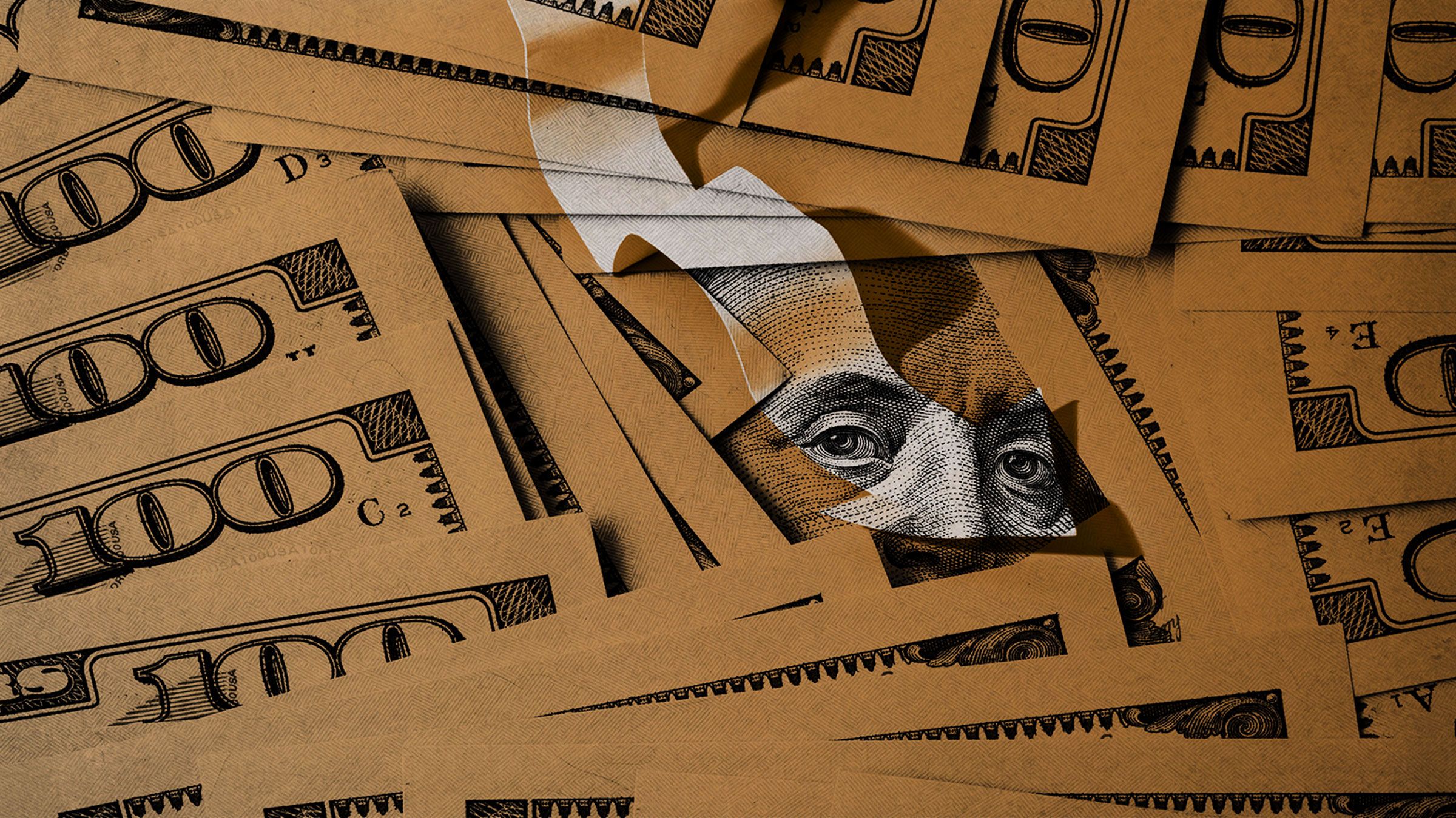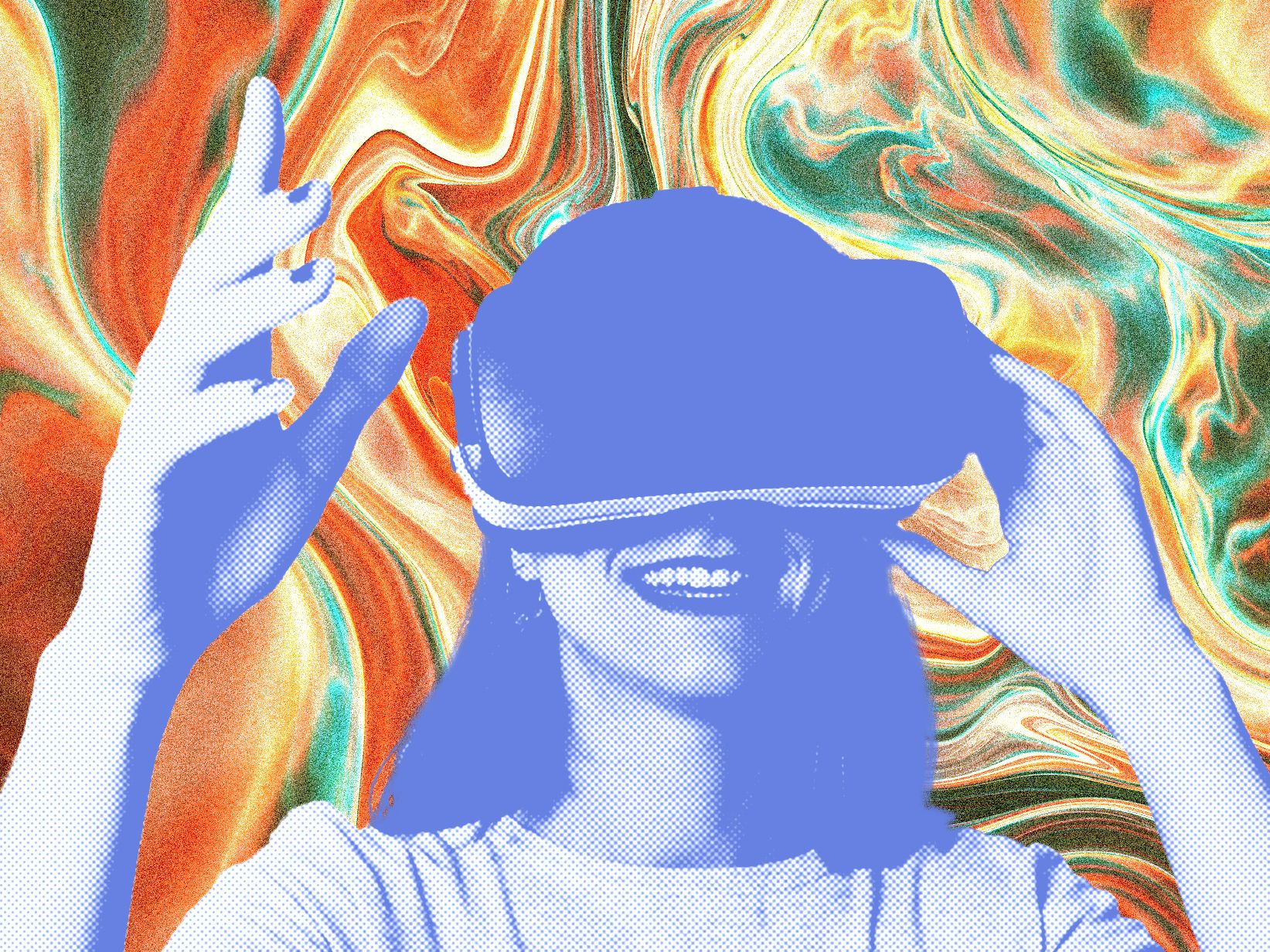Inequality Is a Health Risk—and It’s Getting Worse
Inequality Is a Health Risk—and It’s Getting Worse
…

Inequality Is a Health Risk—and It’s Getting Worse
Health inequality refers to variations in health status or health outcomes between different individuals or groups in society. These disparities are often driven by social and economic factors, such as income, education, and access to healthcare. Unfortunately, health inequality is a growing problem in many countries around the world.
Studies have shown that individuals who are lower on the socioeconomic ladder are more likely to experience poor health outcomes, such as chronic diseases, mental health issues, and shorter life expectancies. This is due to a variety of reasons, including limited access to quality healthcare, unhealthy living environments, and higher levels of stress and anxiety.
Furthermore, the gap in health outcomes between different socioeconomic groups is only widening. Recent data has shown that the rich are getting healthier, while the poor are getting sicker. This growing disparity not only has negative implications for individuals and communities but also for society as a whole.
Health inequality not only affects individuals’ physical health but also their mental and emotional well-being. Feeling marginalized or excluded from society can lead to feelings of despair, hopelessness, and worthlessness. This can exacerbate existing health issues and lead to the development of new ones.
It is crucial for policymakers, healthcare providers, and communities to address the root causes of health inequality and work towards creating a more equitable society. This can involve implementing policies that promote equal access to healthcare, improving social determinants of health, and addressing systemic issues that perpetuate inequality.
Ultimately, addressing health inequality is not just a matter of fairness—it is a matter of public health and social justice. By working together to reduce disparities in health outcomes, we can create a healthier, more equitable world for all individuals and communities.






